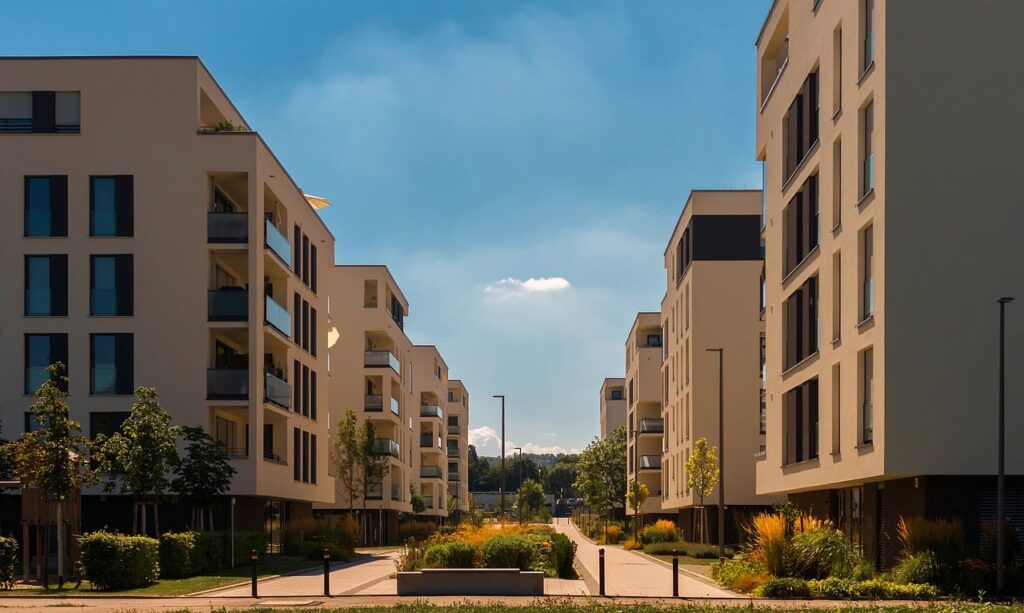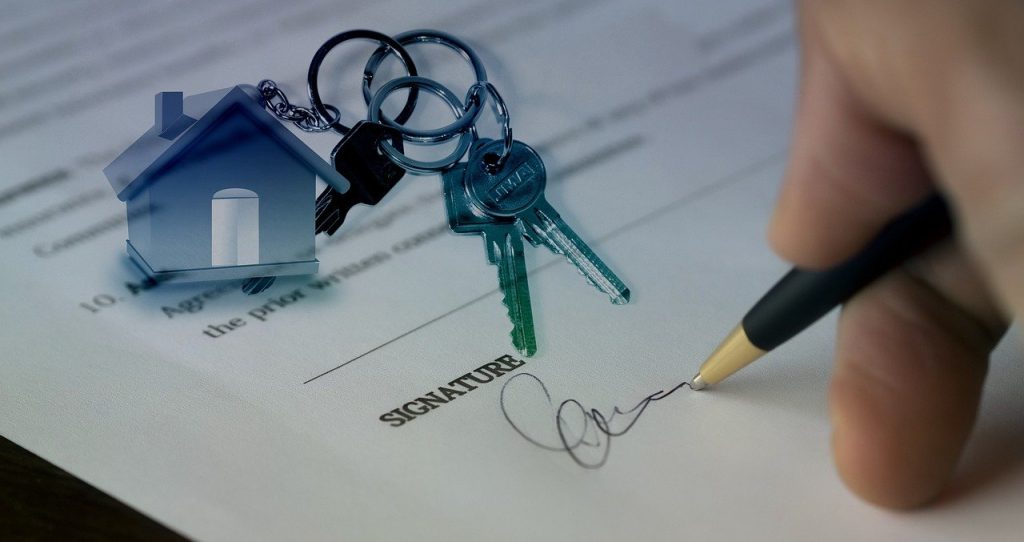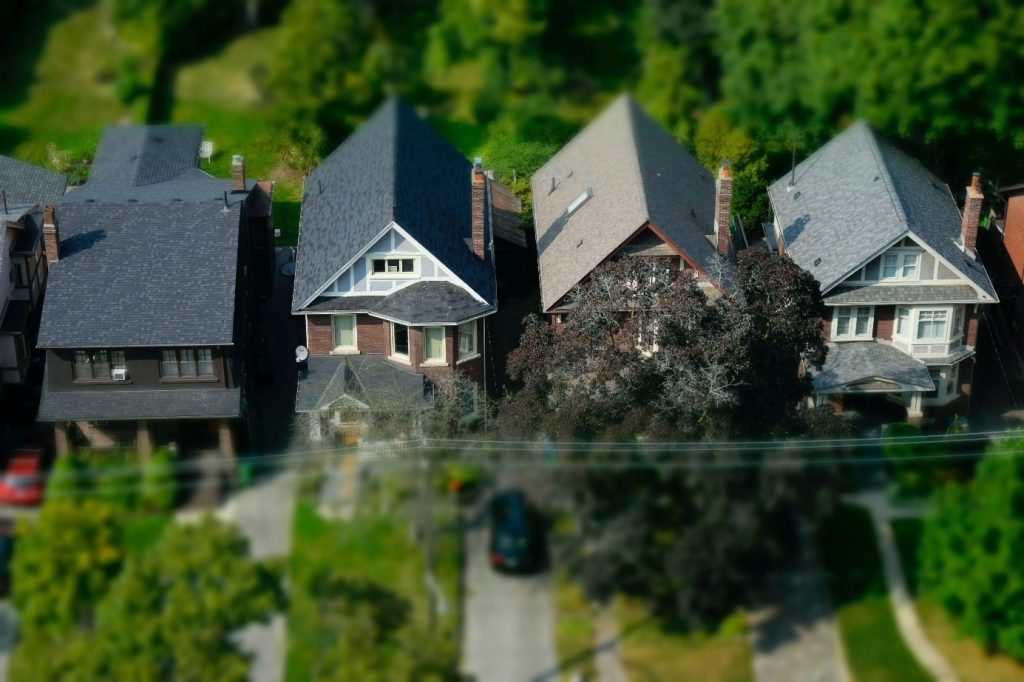Although it is not normally authorized by law, cases of co-ownership without a trustee are not uncommon. Given the major role played by this professional in the administration of the common portions of a building, this situation poses a certain number of problems.
But in what cases can a co-ownership end up without a trustee? What are the risks associated with these scenarios? How to cure it ? Answers and advice from our experts in this article.
Summary
Co-ownership without trustee: in what cases can this happen?
First of all, know that if we stick to the provisions of article 17 of the law of July 10, 1965, the appointment of a trustee is mandatory for all co-ownership. However, in some contexts, it may well happen. Here are the most common cases:
Non-renewal of the trustee’s mandate
A co-ownership can end up without a trustee if no general meeting has been called to renew the mandate of the previous trustee or to choose his successor. This situation generally arises as a result of a management problem within the co-ownership.
Absolute majority not reached during the vote
This is one of the most recurrent causes of the absence of a co-ownership trustee. As a reminder, the trustee is elected by an absolute majority of the votes of all the co-owners during a general meeting.
Unfortunately, it may happen that a no agreement occurs and this majority is not reached at the end of the vote. This situation was particularly amplified when physical general meetings were canceled due to the Covid-19 pandemic.
Indeed, postal voting was not efficient enough and did not allow the required number of votes to be reached.
Trustee’s inability to practice
Following a serious accident or illness, the trustee elected to manage a building may find himself unable to perform his duties properly. Although this is a relatively rare case, it does happen.
In certain extreme cases, the death of the trustee can also explain the cases of co-ownership without a trustee.
To note : a professional trustee who loses his financial guarantee may also find himself unable to pursue his mandate.

Absence of trustee for a co-ownership: risks and consequences
A co-ownership without a trustee finds itself In irregularity and is liable to penalties. The first is going to court. Likewise, it exposes itself to serious problems that could prevent its proper functioning.
It should be remembered that in terms of administrative management, the syndic is responsible in particular for:
- Building administration;
- Its conservation and maintenance;
- Execution of necessary work in case of emergency.
In the latter case, for example, his signature is essential at each stage of the process. Thus, in his absence, he is not not possible to do the work.
In addition, all sales of lots within the condominium are suspended. Indeed, only the trustee has the necessary authorizations to provide beforehand an accounting report relating to the lots for sale.
Furthermore, without a trustee, a condominium may struggle to purchase insurance to cover the common areas. Most insurers are reluctant to insure co-ownership without a trustee.
Read also: 5 tips for buying a condominium
How to solve the problem of co-ownership without trustee?
In view of the consequences linked to the absence of a trustee for a co-ownership, it is necessary that the co-owners react quickly to find solutions. One of the most recommended is the convocation, as soon as possible, of a general meeting, in order to appoint a new trustee.
How to convene a general meeting without a trustee?
The law provides a procedure to resolve the problem of the absence of a trustee in a co-ownership. The provisions to be taken are detailed in Article 46 of Decree No. 67-223 of March 17, 1967 taken for the application of Law No. 65-557 of July 10, 1965 (amended by Decree No. September 2019 — art. 8).
In summary, once seized by one or more co-owners or members of the union council, It is the president of the court of law who appoints a new trustee by order.
The latter fulfills the particular missions which may be entrusted to him by the ordinance and administers the co-ownership under the conditions provided for by the law of July 10, 1965. Two months before the end of his duties, he must convene a general meeting in order to appointment of a new trustee.
Who else can convene a general meeting in the absence of a trustee?
To easily compensate for the absence of a trustee in a condominium, the Macron law of August 6, 2015 provides even more effective solutions. Indeed, article 88 of this law allows any of the co-owners to convene a general meeting for the appointment of a new trustee.
In order to guarantee the legitimacy of this GA, it is important to respect all the rules provided for by the legislation.
Good to know :
If the co-ownership has difficulty finding and electing a professional co-ownership trustee, it can turn to a non-professional trustee. It may in particular be a volunteer trustee whose remuneration is, for example, much lower than that of a professional.
In addition to the financial advantages it offers, this option promotes efficient management of the building.
Read also: Co-ownership: how the trustee works




